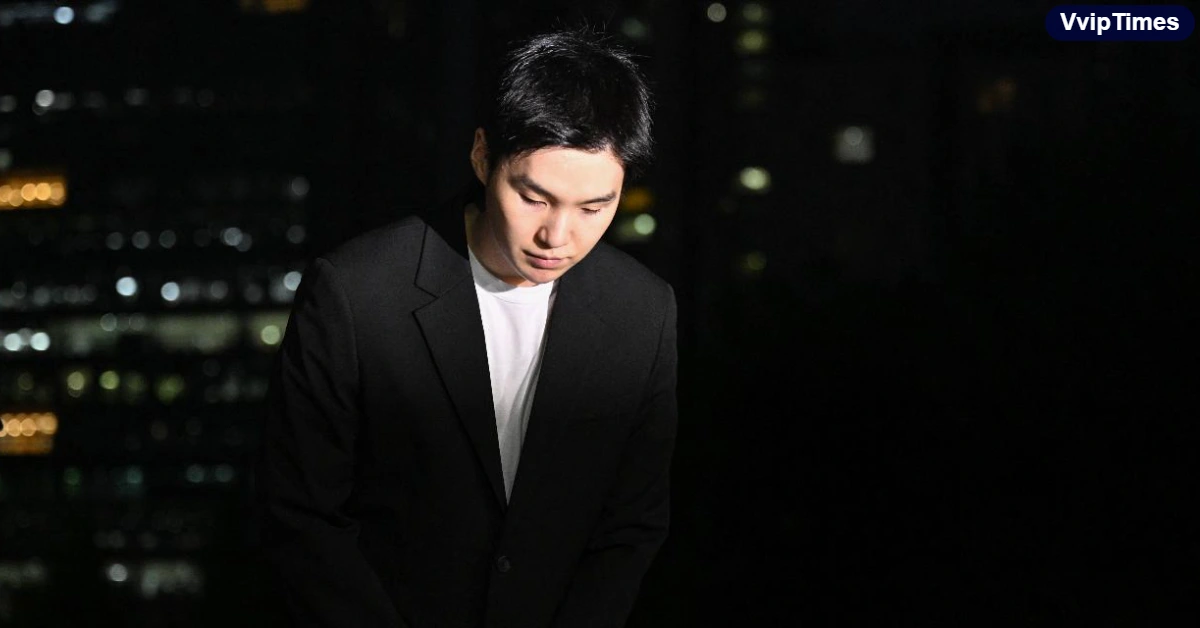BTS’ SUGA’s Recent DUI Incident Raises Questions About the Role of Media Sensationalism in South Korea
BTS member SUGA recently found himself at the center of a media storm following a DUI incident involving an electric scooter. The incident, which occurred on the evening of August 6, 2024, while SUGA was on break from his ongoing military service, has brought to light concerns about the South Korean media’s tendency to sensationalize celebrity news, often at the expense of nuanced reporting.
SUGA’s Incident: A Minor Mishap with Major Consequences
On the evening of August 6, SUGA was enjoying dinner with friends before heading home on an electric scooter. Unfortunately, a minor accident occurred, leading to the discovery that SUGA had been riding under the influence of alcohol. In South Korea, riding an electric scooter while intoxicated is considered a DUI offense, carrying serious legal implications.
Media’s Response: Sensationalism Over Facts?
Despite SUGA’s immediate apology and acknowledgment of his mistake, the media response was swift and intense. Reports flooded the news, with many outlets covering the incident before verifying key details, such as whether the vehicle involved was a kickboard or an electric scooter. It was only later in the evening that police confirmed SUGA had indeed been riding an electric scooter.
In a particularly troubling instance, one of South Korea’s renowned newsrooms aired incorrect CCTV footage, further fueling the media frenzy. This mistake was only rectified after a competitor fact-checked the footage, leading to an apology from the original newsroom a week later.
Comparative Coverage: Is SUGA’s Fame a Factor?
The scrutiny SUGA faced stands in stark contrast to the media coverage of similar incidents involving other public figures. For instance, former baseball player Jang Won Sam was involved in a DUI case on August 17, 2024, in Busan, where he collided with another vehicle. Despite his high blood alcohol levels leading to the revocation of his license, K-media covered his case briefly and moved on, highlighting a possible double standard when it comes to the treatment of celebrities based on their fame.
A Pattern of Sensationalism: The Broader Issue
SUGA’s case is not an isolated incident. South Korean media has a history of sensationalizing celebrity missteps. Earlier this year, Oscar-winning filmmaker Bong Joon Ho led a protest against the media’s treatment of the late Lee Sun Kyun, a renowned actor from the film Parasite. Despite Lee’s tragic death by suicide and passing all drug tests, the media’s relentless coverage painted him in a negative light, causing unwarranted damage to his reputation.
Similarly, BIGBANG’s G-Dragon faced extensive media scrutiny during an alleged drug case. Despite his cooperation with the investigation and the eventual closure of the case due to a lack of evidence, the media’s coverage left a lasting impact on his public image.
The Need for Media Reform: Moving Towards Responsible Journalism
These cases, including SUGA‘s, highlight the urgent need for reform in South Korea’s media landscape. The focus on sensationalism and character assassination, rather than factual reporting and constructive dialogue, not only harms the individuals involved but also perpetuates a harmful culture where personal lives are subjected to relentless scrutiny.
For more updates on SUGA’s DUI case, tune in to Vviptimes.
State your opinions in the comments below.




























